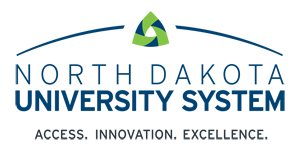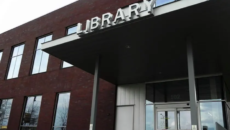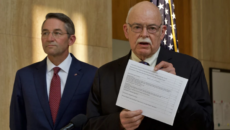Dorso Column: Why Does Higher Education Exist?

As I age I have more time to reflect on my time in the legislature. Time also has yielded new perspectives and a better understanding of the circumstances we had to deal with.
What hasn’t changed in the last 10 plus years is my perception of higher education in North Dakota. On page 247 of my book “When Governance Worked” I start a sub chapter on higher education with this sentence. “As I look back, I wonder why I spent so much time and political capital on higher education.” That particular chapter is as appropriate today as when I wrote it.
If you’ve read the book you know that I worked my way through college driving truck. When you get your degree that way you really do appreciate the dedication and what it costs to get the parchment.
What I didn’t cover in the book was my time on the board of NDSU’s Team Makers board of directors culminating in two years as president. During that time I had the opportunity to interact with a number of the students athletes. I also got to know a number of university students who worked for me part time.
My position allowed me to get to know some administrators and faculty. Most of those people were impressive in their dedication to the University and the students. Regardless, I never lost sight of my main concern the students. Many times as President of Team Makers, I reminded the members that our main objective was to fund athletic scholarships for student athletes. I stressed student and requested every year that the athletic department under Dr. Ade Sponberg give us a report on the graduation rates of athletes receiving scholarships.
When I became a legislator my perception of what was occurring in higher education was radically changed. As time passed I learned why so many of the students were not satisfied with the education they were receiving. Their other concerns were time and cost. I could go into a long dialogue about what I perceived were the causes for their dissatisfaction.
My own experiences and those student’s thoughts shaped my approach to North Dakota’s so called university system. I always felt that I was in the legislature to try and bring constructive change to state government. Since NDUS is part of state government I thought we as legislators should be trying to improve the system. I believe Governor Schafer, Sen. Maj. Leader. Nelson and I were on the same page. We were able to convince legislators that it was time for change. That is why in 1998 the measure to remove the institutions from the constitution was on the ballot.
Despite our assurances that we had no intention of closing an institution until we had exhausted all possibilities of reconfiguring or finding a use for the facilities the measure was defeated. After reading this week ends editorial, published in the Grand Forks Herald, I thought not much has changed in the last fifteen years. I also read Sen. Grindberg, Sen. Krebsbach and Rep. Johnson’s letter published in the Forum. The same arguments regurgitated once again.
The question that has to be asked is why do the institutions exist? What is their role in the fabric of North Dakota? Some say it is the economic impact each institution has on its geographical area. Others point to the economic impact on the state as a whole. I think that is all secondary to the primary function which is to provide a college experience culminating in a degree that is affordable and valuable to the students. If you accept my premise you have to wonder why the present system is what it is. You then must come to the conclusion that the present governance system of NDUS is not capable of bringing the systemic change needed.
Over a decade ago the majority of legislators and our governor recognized that reality. What we didn’t understand was the amount of parochial self interest that would be exhibited by the regional newspapers and faculties of the different institutions. By removing the institutions from the constitution we hoped to blunt the coalescing of those self interests. We hoped the board of Higher Education could then make the necessary changes.
I firmly hope that legislators of today and the present governor have the same instincts as their counterparts of yesterday. They can keep dumping hundreds of millions into a system that satisfies the regional interests of newspapers and university employees or be agents of change.
As it was then I’m not worried about political capital.







